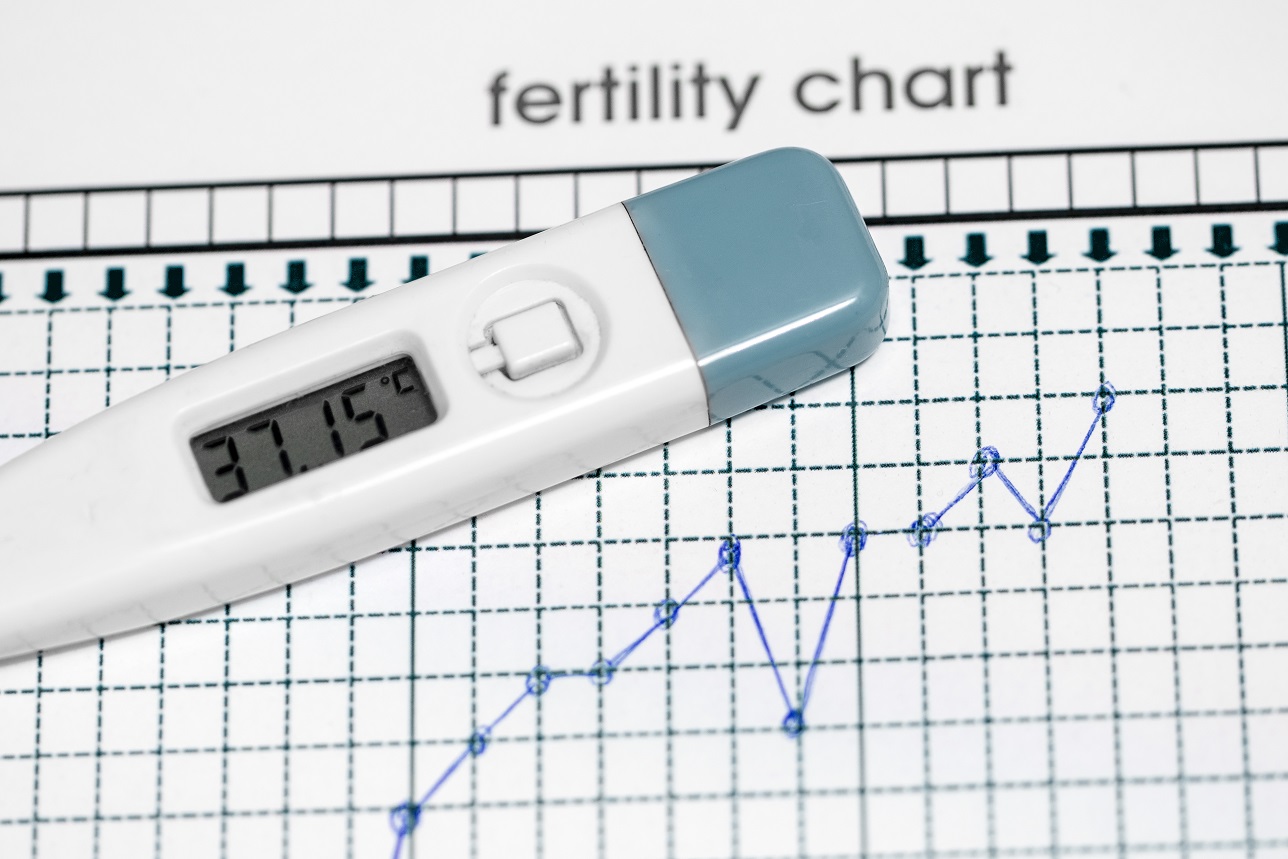
So you ditched the contraception months ago hoping that pregnancy happens relatively quickly. Maybe not the very first month approximately, but surely within 6 months, right? However, it has now been a year of attempting as well as for some reason it doesn’t seem to be working.
There can be many reasons you are not getting pregnant and never these relate to infertility. The first thing you have to be aware of is that there's only a certain period of time in the month that fertilization can happen. Once you ovulate, the egg has only a lifespan of between 12 to Twenty four hours and thus fertilization must take place in this time around. Luckily sperm can live for as much as five days. This means that the perfect time for you to have sex to get pregnant is two or three days before ovulation. Usually ovulation happens on day 12 or 13 of the cycle, however it can occur as early as on day 10 or as late on day 20. Luckily there are several methods for tracking ovulation.
These include:
- Tracking your cervical mucous – your vaginal discharge changes constantly within the month and it takes on a particular consistency around ovulation. It ought to be clear, mucus-like and incredibly stretchy. You're very fertile once it starts getting the texture of an egg white.
- Basal body's temperature counting – your hormone levels affect your basal body's temperature (your temperature at complete rest) and merely after ovulation your progesterone levels rise and remain high for a few days. Consequently, knowing if this temperature rise occurs, you are able to think that you ovulated the day before an upswing.
- Saliva ferning test – the saliva ferning test uses a tiny microscope to examine your saliva daily, from the last day's your period to when a fern-like pattern emerges. The fern pattern is really a signal that ovulation is going to happen and it is as a result of improvement in the hormone estrogen before ovulation.
- Ovulation predictor test – if you’re uncomfortable with charting your body’s physical signs of ovulation, an alternative choice is definitely an ovulation predictor test. These tests are similar to pregnancy tests, although they let you know when you’re ovulating (and not when your pregnant). They are available as either test strips (that you need to place in a container of fresh urine) or as test sticks (like a pregnancy test). Digital ovulation tests are available too. Ovulation predictor tests appraise the levels of a hormone called luteinizing hormone (LH) in your urine. LH greatly increases right before ovulation so if you get a good results, this indicates your body is attempting to trigger the release from the egg from the ovary. The best time to conceive happens when LH is surging.
- The latest in ovulation prediction tests are fertility calendar apps, which may be accessed online or downloaded to your smartphone. The greater accurate apps require details about your basal body temperature or cervical mucus changes but a simple app can aid you in exercising your most fertile days. In this instance, all that you should do is tell the app when you get your period and also over many months, the app will learn your cycle and let you know the optimum time to possess sex.
Cervical mucus may be the best physical indicator of ovulation
A study performed in the University of New york assessed two different ways of ovulation prediction and looked at which method would be a better predictor of conception success. The techniques examined were alterations in cervical mucus consistency or basal body's temperature charting. The study found that regardless of which day ovulation actually occurred on, pregnancy was more prone to occur if couples had sex on days where fertile cervical mucus was present. This might happen to be because fertile cervical mucus helps sperm to survive and also enables them to swim to the egg.
Sperm matters
If your male partner’s sperm count is a touch on the low side, the conventional recommendation is to have sex every second day during the fertile period. If you have sex every day that may mean that the sperm supply isn’t replenished that might reduce your likelihood of pregnancy. In addition, if you have sex twice a day, this may reduce the number of healthy sperm. This also goes for males having a healthy sperm count.
In addition, ensure that you are using a sperm-friendly lubricant.
In conclusion, the main thing isn't not to become stressed about ovulation in order to overcomplicate matters. It may be fun to trace your cycles but it can also result in you feeling unnecessary pressure. Do whatever matches your needs as well as your partner. Moreover, if you haven’t gotten pregnant within a year, or within 6 months if you're aged 35 years or older, it might be time to schedule an appointment with a specialist.

